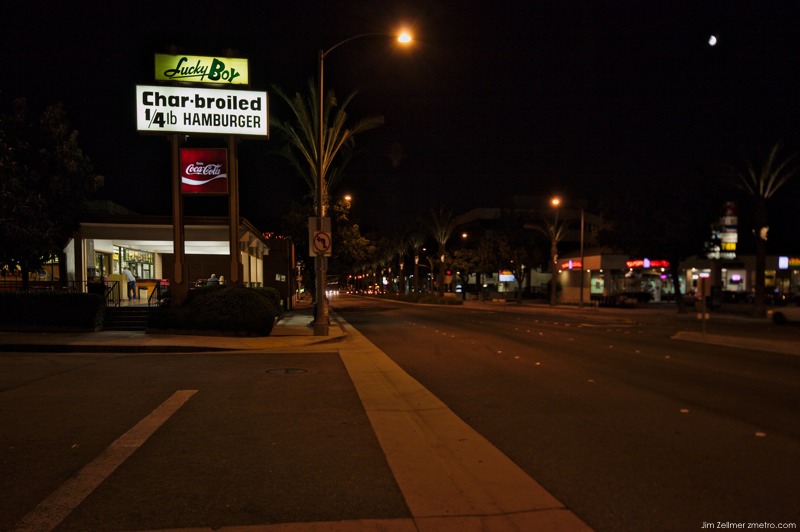
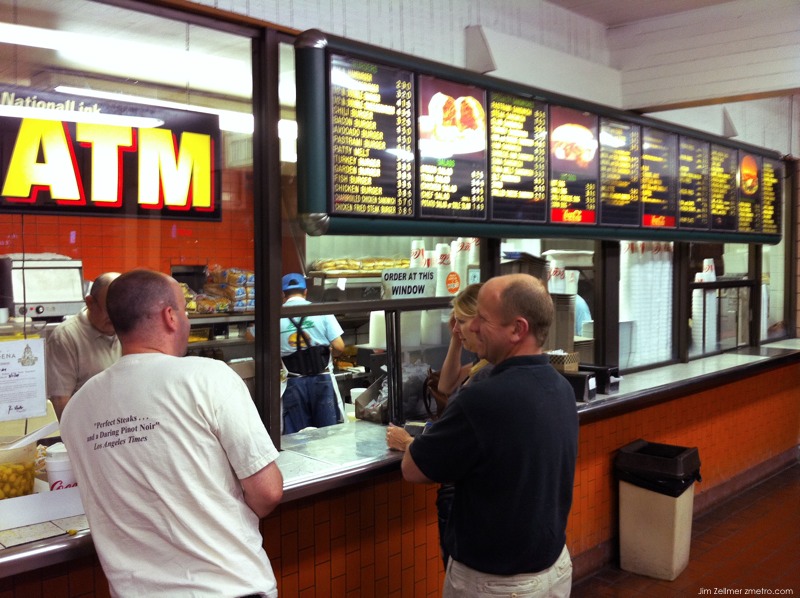
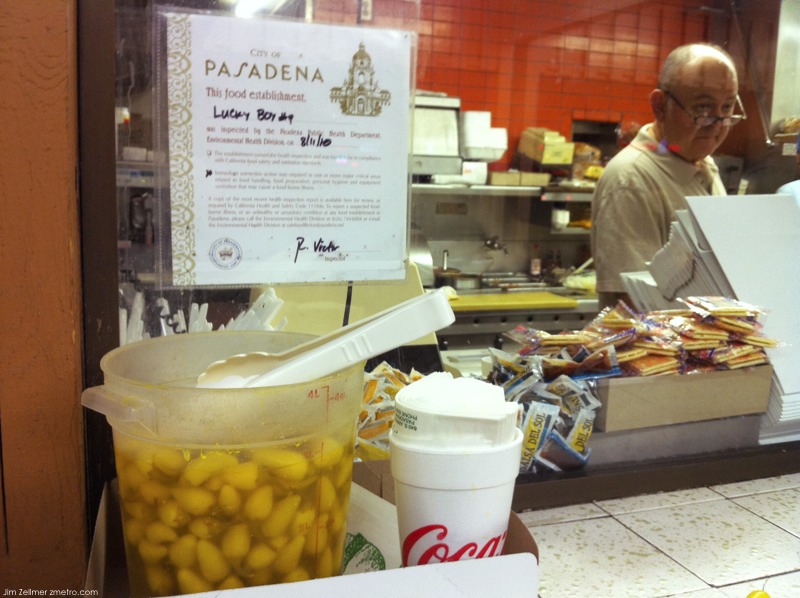
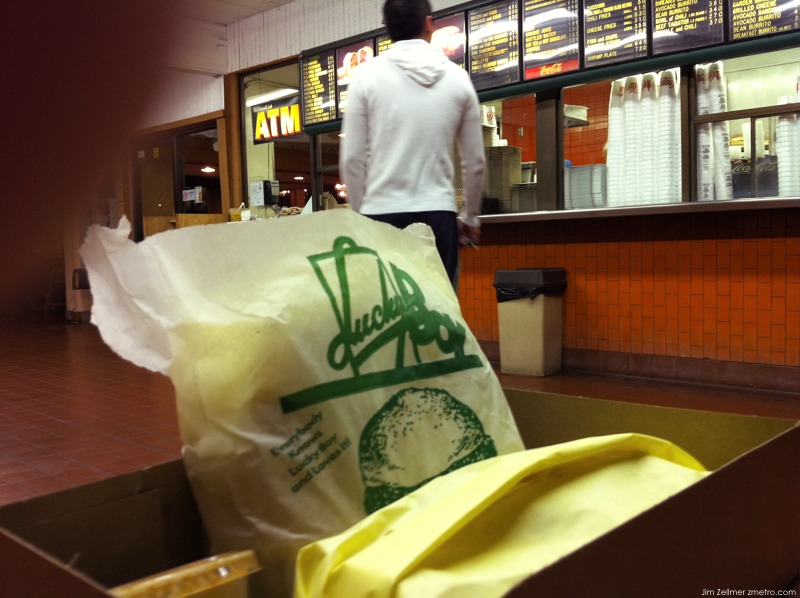
I enjoyed a decent veggie burger at Lucky Boy, a vintage stop in Pasadena, CA.
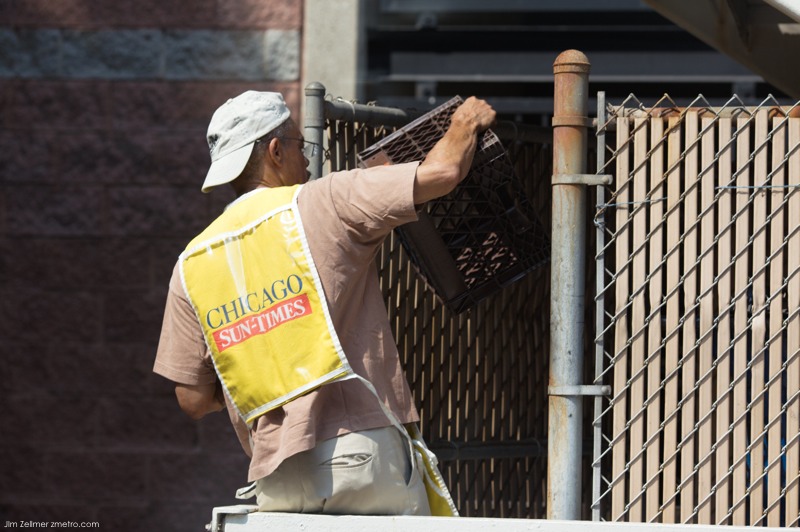
to this….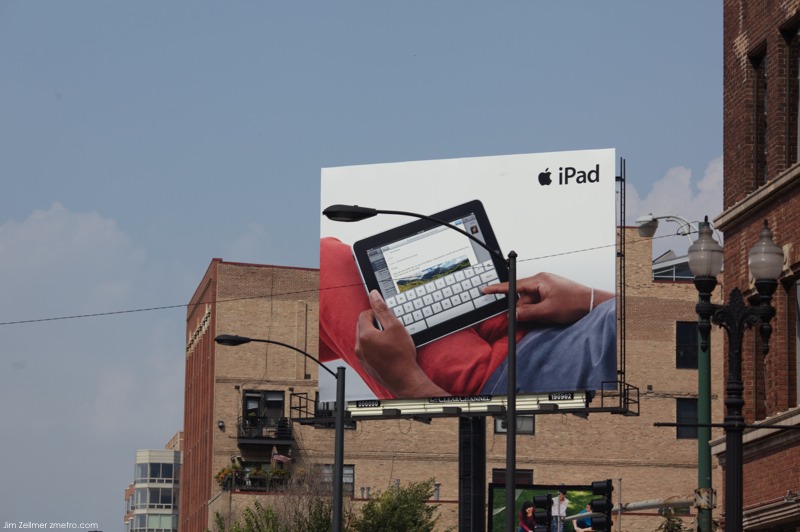


When David Zucker was a schoolkid in Milwaukee in the 1960s, one of his teachers made a prediction. “She said to me once, when I was fooling around in class, ‘Zucker, I know one day I’ll be paying good money to see you make me laugh, but right now, get your ass back in that chair and crack that book!'”
She was right. This badly behaved schoolkid would go on to reinvent US screen comedy with a movie called Airplane!, which he co-directed and co-wrote. Today, speaking in Manhattan, David is feeling a little rough. He was out the night before, it turns out, celebrating the film’s 30th anniversary with the movie’s co-creators, his younger brother Jerry and their lifelong friend Jim Abrahams. “I just couldn’t get out of bed this morning,” he says.
Well may they celebrate. Airplane! made $83m on its first release in 1980 (on an outlay of a mere $3.5m), and launched an entire comedy franchise, from the Police Squad TV shows to the Naked Gun movies they grew into – reconfiguring, in the process, one-time 1950s romantic lead Leslie Nielsen into a comic hero. Somewhere along the way, Zucker, Abrahams and Zucker (ZAZ for short) also inspired Saturday Night Live, launched another comedy titan of the 1980s, John Landis, and even gave the Farrelly brothers their big writing break.
Meetings of the five-member Transportation Committee of the Los Angeles City Council tend to be rather quiet affairs. But earlier this month, 150 people crammed into Room 1010 at City Hall to debate LA’s latest gastronomic craze: gourmet food trucks.
To their fans, the trucks are a welcome addition to the city’s food scene, parking outside shops and offices at lunchtimes and congregating on Friday nights to create mini food festivals. To their critics, they are a menace, stealing trade from restaurants, creating litter, lacking proper licences and regulation, and clogging the parking places of entire streets.
“We don’t want to shut down the trucks but we do need to work this out,” says councillor Tom LeBonge. “Many of the truck operators want free enterprise and don’t like government regulation, but we have to act before it becomes a bigger problem.”
More than a century ago, Thorstein Veblen—American economist, sociologist and social critic—warned that the United States had developed a bizarre and debilitating network of social habits and economic institutions. Ascendant financial practices benefited a limited group at the expense of the greater society; yet paradoxically Americans deemed these practices necessary, even commendable. Far from lambasting the financiers plundering the nation’s resources, we lauded them as the finest members of society. Their instincts, wisdom and savoir faire were idealized, their avarice and chicanery promoted under the banners of patriotism and virtue.
Veblen, an inveterate reader of ethnographies, noticed a historical pattern that could illuminate America’s peculiar relationship with its economic institutions. Societies everywhere fall between two extremes. First, there are societies in which every person works, and no one is demeaned by his or her toil. In these societies, individuals pride themselves on their workmanship, and they exhibit a natural concern for the welfare of their entire community. As examples of such “productive” societies, Veblen mentions Native Americans, the Ainus of Japan, the Todas of the Nilgiri hills and the bushmen of Australia. Second, there are “barbarian” societies, in which a single dominant class (usually of warriors) seizes the wealth and produce of others through force or fraud—think ancient Vikings, Japanese shoguns and Polynesian tribesmen. Farmers labor for their livelihood and warriors expropriate the fruits of that labor. Exploitative elites take no part in the actual production of wealth; they live off the toil of others. Yet far from being judged criminal or indolent, they are revered by the rest of the community. In barbarian societies, nothing is as manly, as venerated, as envied, as the lives of warriors. Their every trait—their predatory practices, their dress, their sport, their gait, their speech—is held in high esteem by all.
Our world falls into the latter form. There remains a class that pillages, seizes and exploits in broad daylight—and with our envious approval. Who are the barbarian warriors today? According to Veblen, the modern barbarians live on Wall Street. They are the financiers summarily praised for their versatility, intelligence and courage in the face of an increasingly mysterious economy. Today a growing number of Americans feel at risk of economic despair; in a world of unsatisfying professional options and constant financial insecurity, the image of Wall Street life offers a sort of relief. It symbolizes the success possible in the modern world.
In order to be for a democracy, or in our case, a functioning Federal Republic, one has to have an informed electorate. Of course, that is infinitely more difficult than one might think. For even when the raw truth of a story comes to light from unimpeachable sources, it is frightening how the vested interests today will immediately attack the information and the source involved – in order to lessen the impact of the truth on the public at large – with frightening speed.
As mentioned in this column, I seem to spend an inordinate amount of time refuting e-mails in which there is no truth to the claim being made, whether it’s about the Auto Task Force, why the financial system melted down or any other major hot-button issue. On the other hand, I get such e-mailings far more often than I do links to a legitimate news story. Moreover, all too often the e-mail’s forwarder, who believes completely in the e-mail no matter how outrageous the claims made in it, often point out to me that they no longer read newspapers because of “known” bias.
That is scary. People will trust an unknown and angry blogger – whose bias screams through his or her words, and who knowingly and intentionally misleads the reader – before they’ll trust verifiable facts in the media.
